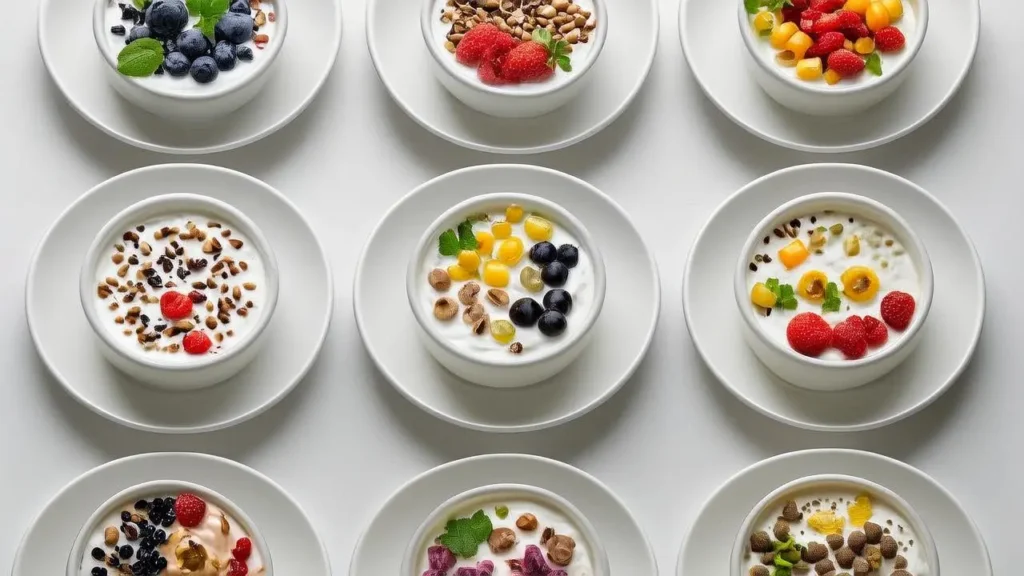What if your week could feel lighter, healthier, and more in control, just by planning meals ahead? For many seniors, meals are not just about food.
They are about energy, independence, and peace of mind. Skipping planning leads to skipped nutrients, last-minute stress, or reaching for quick foods that may not support health. This is where a weekly meal prep plan changes everything—it brings order, balance, and comfort to the table.
Meal prep is not about complicated recipes. It is about making food choices easier every day. With age, the body needs steady nutrients, but appetite, energy, and digestion may shift. Without a plan, meals can become unbalanced or repetitive.
With a simple plan, you get variety, save money, and avoid waste. The best part is that the work happens once, and the benefits last the whole week.
What’s coming here is not a strict diet or heavy cooking schedule. It is a clear, senior-friendly guide. It focuses on easy meals, steady energy, and foods that support healthy aging. By the end, you will have a step-by-step plan that fits right into your week.
Building the Week Step by Step
Start With Breakfast
Breakfast sets the tone for the whole day. For seniors, the first meal is not only about satisfying hunger but also about giving the body the right balance of nutrients.
A well-prepped breakfast helps keep energy steady, prevents dizziness, and reduces the chance of overeating later. Without it, fatigue may set in before the morning is done. That is why breakfast should be a priority in a weekly meal prep plan.
Protein is needed to support muscle health, which becomes more important as we age. It also helps you feel full longer.
Fiber supports digestion and helps manage blood sugar. A simple mix of protein and fiber early in the day can make mornings more comfortable and active. Think of it as steady fuel, instead of quick bursts that leave you tired later.
By focusing on simple, balanced breakfasts, you save energy in the morning while giving your body exactly what it needs. The goal is not fancy meals but meals that support steady health, strength, and comfort.
Plan Balanced Lunches
Lunch is the middle anchor of the day. It is a chance to refuel after the morning and prepare the body for afternoon activities. Seniors who skip or delay lunch risk weakness, low energy, and poor concentration. With meal prep, lunch becomes quick, balanced, and stress-free.
Protein at lunch helps maintain strength and prevents afternoon fatigue. Vegetables provide vitamins and minerals needed for healthy aging. Whole grains give steady energy that lasts longer than refined carbs. Together, these three pieces make lunch balanced and nourishing.
By setting up lunches in advance, you cut down the daily question of “What should I eat?” Instead, you always have balanced options ready. This prevents poor choices, saves money, and keeps your body fueled with steady nutrients.
Make Dinner Simple but Nourishing
Dinner is the last main meal of the day. It should give enough fuel to keep you comfortable through the evening, but not so heavy that it affects digestion or sleep.
Many seniors experience discomfort if they eat rich or greasy foods at night, so keeping dinner light, colorful, and balanced makes a big difference. Vegetables play a bigger role here, adding fiber, vitamins, and minerals that support the body overnight.
Skipping or eating poorly at dinner may lead to late-night snacking or waking up hungry. Both can interfere with restful sleep. A smart dinner balances protein, vegetables, and healthy carbohydrates. Protein helps repair and maintain muscles.
Vegetables supply vitamins that protect the immune system. Healthy carbs give a slow release of energy without spikes in blood sugar.
By keeping dinner light yet balanced, you make evenings easier. You get nourishment without discomfort, and you prepare your body for a restful night.
Healthy Snacks to Keep You Steady
Snacks may seem small, but they have a big role in keeping energy steady throughout the day. For seniors, skipping snacks can lead to dips in blood sugar, dizziness, or fatigue.
On the other hand, choosing sugary or processed snacks may give quick energy but leave you feeling tired shortly after. That is why the best snacks are simple, rich in protein, fiber, or healthy fats, and easy to grab.
As the body ages, appetite can change. Some seniors may not feel hungry enough for large meals, so snacks help fill nutrient gaps. Snacks also prevent overeating at mealtime by keeping hunger in check. The right snacks support stable blood sugar and steady focus throughout the day.
With simple snack prep, you always have steady fuel available, avoiding the risk of grabbing less healthy options when hunger strikes.
Hydration Plan
Meal prep is not complete without hydration. Water is essential for digestion, memory, and joint health. Seniors may not feel thirsty as much as younger people, which makes it easier to drink less than needed. Preparing hydration as part of the weekly plan ensures the body gets enough fluid without relying on thirst signals.
Mild dehydration can cause fatigue, headaches, confusion, and constipation. Staying hydrated improves digestion, supports circulation, and keeps skin healthier. It also helps maintain energy for daily activities. Hydration is just as important as food, and planning makes it easier to keep track.
By preparing hydration as part of your weekly meal prep, you remove the guesswork. You make it easier to stay on track and keep the body refreshed, energized, and supported.
The Full Weekly Meal Prep Plan
Here is a sample seven-day plan you can follow. Each meal is balanced, easy to prep, and designed for senior health.
Day 1:
- Breakfast: Overnight oats with blueberries.
- Lunch: Grilled chicken with steamed broccoli and brown rice.
- Dinner: Baked salmon with sweet potato.
- Snack: Apple with peanut butter.
Day 2:
- Breakfast: Scrambled eggs with spinach.
- Lunch: Lentil soup with leafy greens.
- Dinner: Turkey meatballs with zucchini noodles.
- Snack: Cottage cheese with pineapple.
Day 3:
- Breakfast: Yogurt with flax and strawberries.
- Lunch: Tuna salad with cucumber slices.
- Dinner: Shrimp stir-fry with vegetables.
- Snack: Carrot sticks with hummus.
Day 4:
- Breakfast: Hard-boiled eggs with whole-grain toast.
- Lunch: Turkey wrap with hummus.
- Dinner: Vegetable stew with beans.
- Snack: Greek yogurt with nuts.
Day 5:
- Breakfast: Overnight oats with chia seeds.
- Lunch: Grilled chicken with roasted vegetables.
- Dinner: Baked salmon with broccoli.
- Snack: Apple with peanut butter.
Day 6:
- Breakfast: Yogurt with ground flax and fruit.
- Lunch: Lentil soup with brown rice.
- Dinner: Turkey meatballs with zucchini noodles.
- Snack: Cottage cheese with pineapple.
Day 7:
- Breakfast: Scrambled eggs with spinach.
- Lunch: Tuna salad with crackers and leafy greens.
- Dinner: Vegetable stew with beans.
- Snack: Carrot sticks with hummus.
This plan is simple but flexible. You can swap meals, repeat favorites, or adjust based on personal taste. The goal is not perfection but consistency.
Meal prep is more than saving time. It is about giving your body the fuel it needs for strength, focus, and energy. With a weekly plan, you avoid stress, prevent skipped nutrients, and make eating easier. You also bring structure that keeps health goals on track.
Start small if the full week feels too much. Prep two breakfasts, two lunches, and two dinners. Then expand as it becomes routine. In a short time, meal prep will feel natural, not forced.




